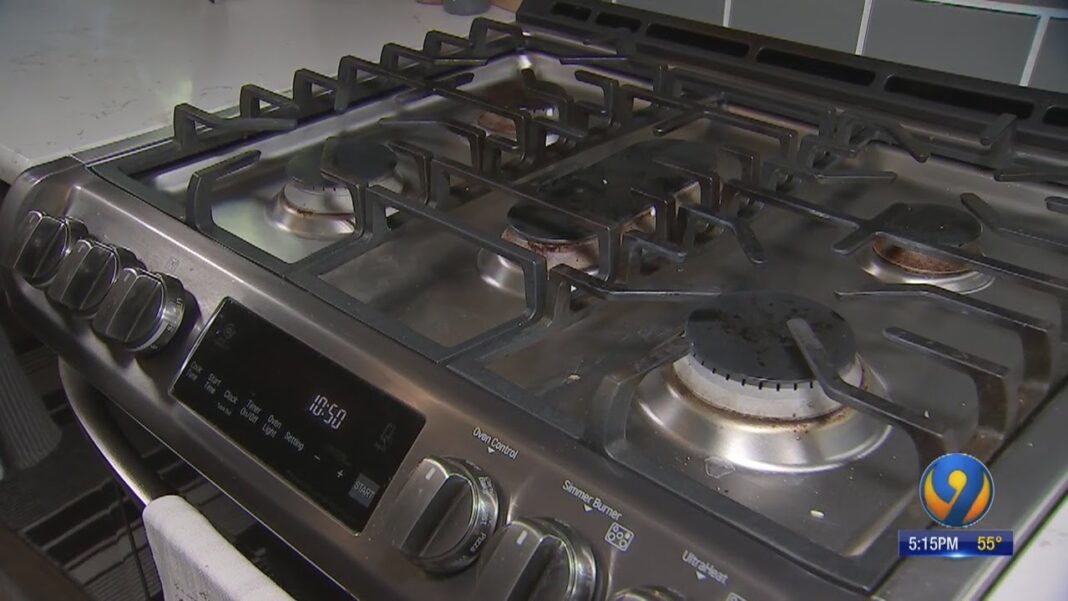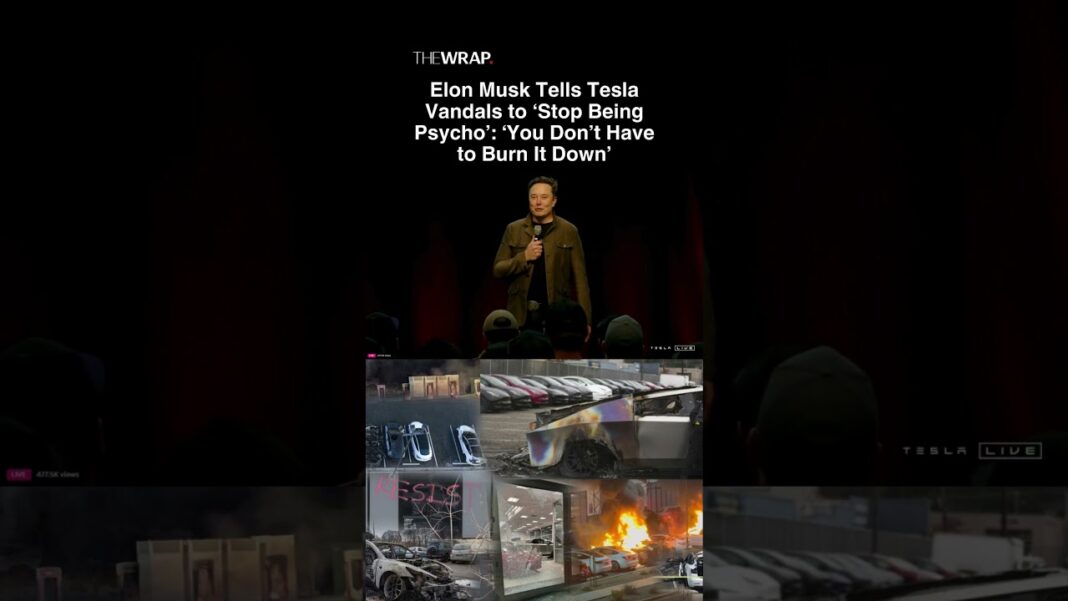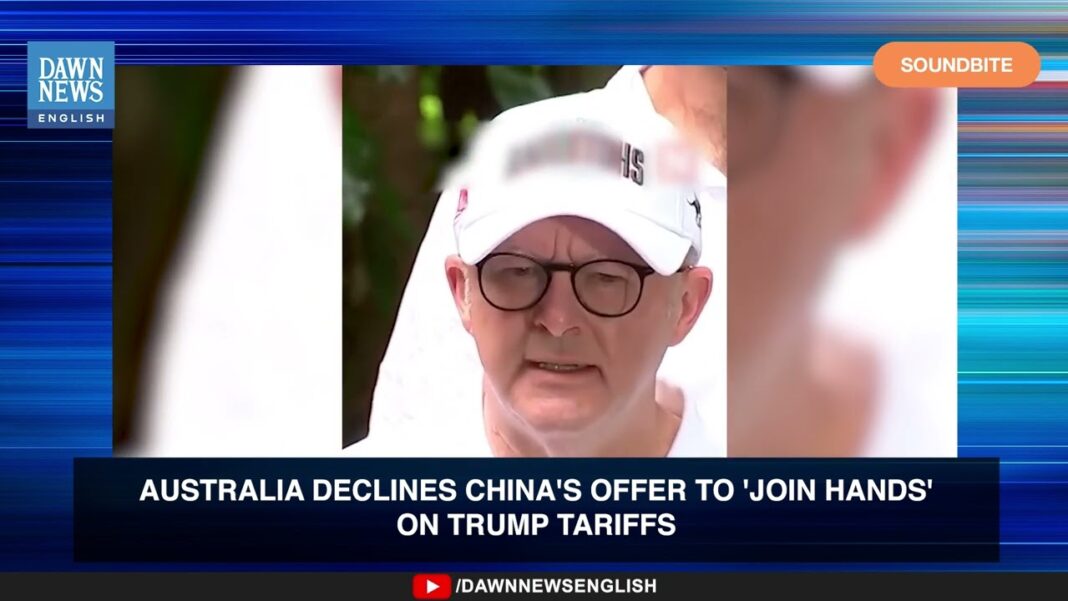
The president’s actions also target Biden-era limits on gas stoves, water heaters, washing machines, furnaces, and dishwashers.
President Donald Trump signed four executive actions on April 9 aimed at deregulating a variety of industries, including energy and kitchen and bathroom appliances.
While Trump signed the actions in the Oval Office, a White House official said one of the actions would effectively reverse a series of water-pressure regulations the Biden administration had instituted on products including dishwashers, toilets, sinks, and showerheads.
Trump criticized high-efficiency water faucets, suggesting they use the same amount of water as the products they intended to replace.
“It’s ridiculous. And what you do is you end up washing your hands five times longer, so it’s the same [amount of] water,” Trump said. “We’re going to open it up so that people can … get all of these things, including straws.”
The president referred to a previous executive order that rescinded a Biden-era order calling for the end of plastic straws in federal agencies and said he would get Congress to memorialize that and his actions on Wednesday “because most of it’s common sense.”
Trump’s order on water pressure directs the energy secretary to rescind a federal rule that redefined “showerhead” under the Obama and Biden administrations, the latter of which had a 13,000-word definition, according to the White House.
The Trump administration will return to the definition found in the 1992 energy law, which set a 2.5-gallons-per-minute standard for showers. Trump’s order accuses past regulatory moves of making showerheads “weak and worthless.”
Previously, showerheads were redefined as “nozzles,” and multi-nozzle showers became illegal if they collectively discharged more than 2.5 gallons of water per minute, the White House said.
Trump’s order also targets Biden-era rules on gas stoves, water heaters, washing machines, furnaces, and dishwashers.
The president also signed an executive order directing 10 agencies and subagencies to insert a one-year expiration date into all existing energy regulations. If the window is not extended before the expiration date, all energy regulations will expire no later than Sept. 30, 2026.
“Agencies will extend only those regulations that affirmatively serve American interests. The rest will expire, resetting the regulatory landscape,” the order’s White House fact sheet states.
The affected agencies will also be required to include a five-year expiration date in future energy regulations unless they are deemed deregulatory.
By Jacob Burg






